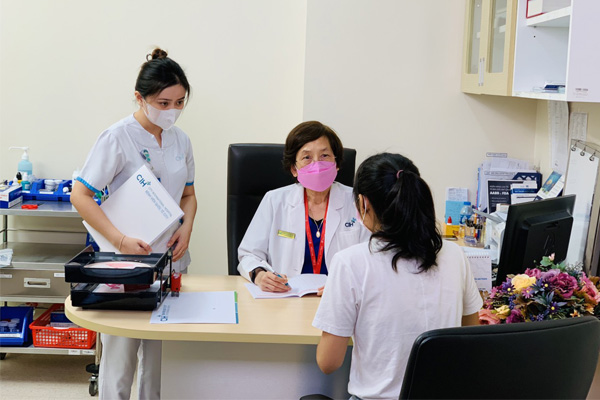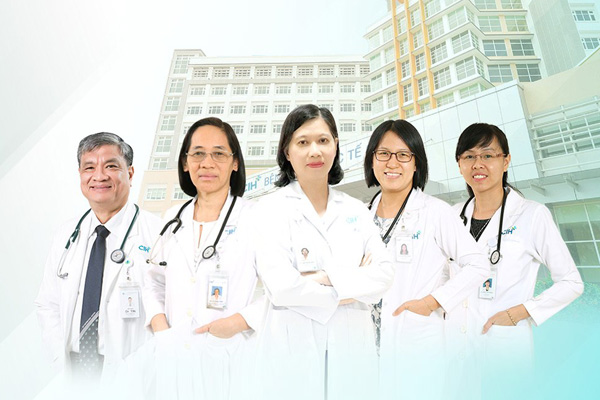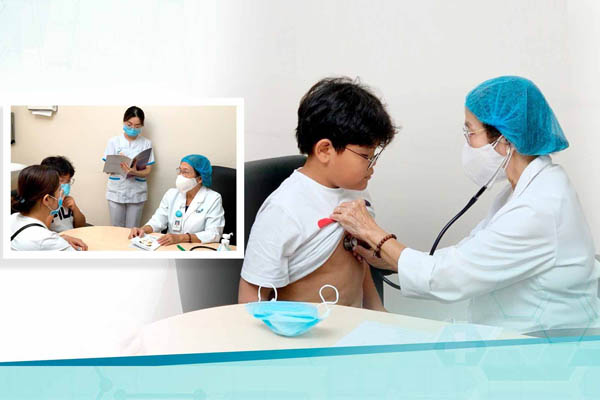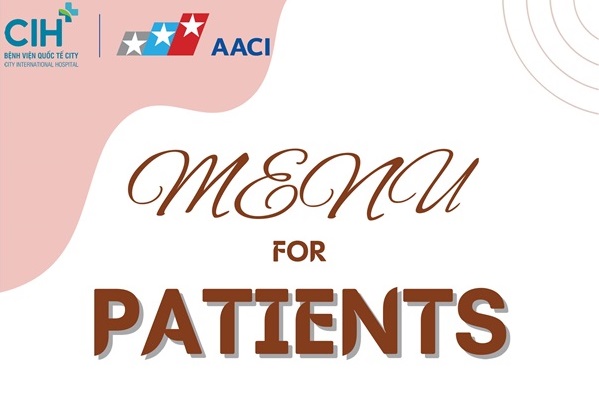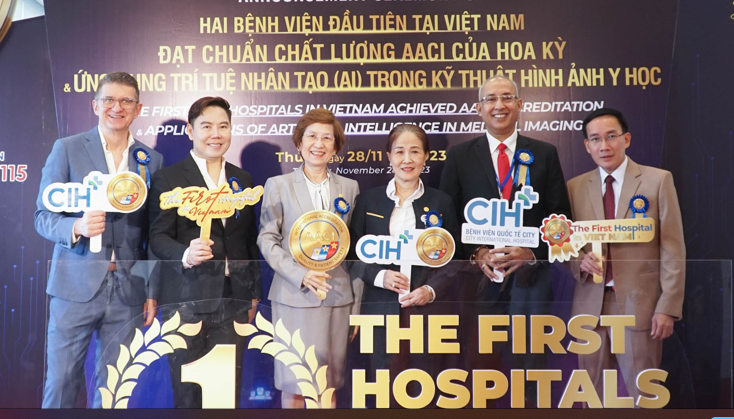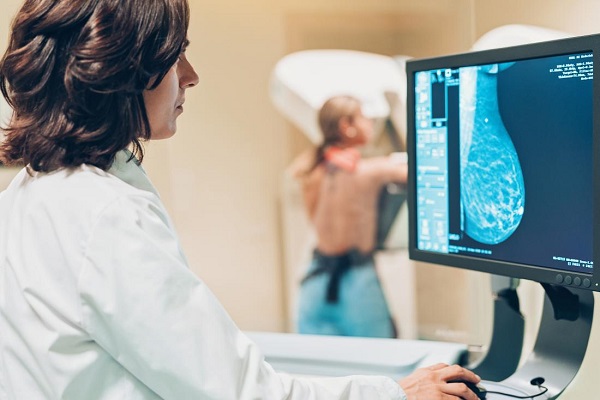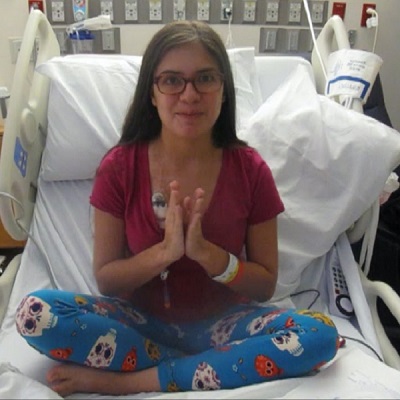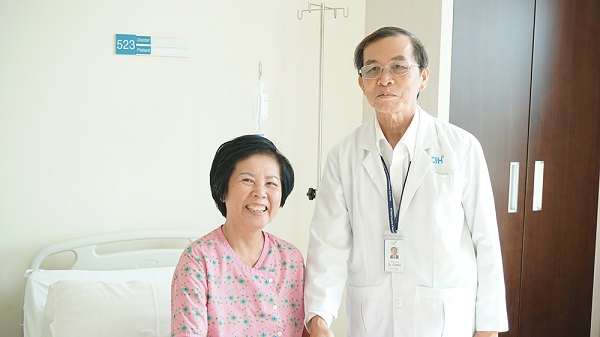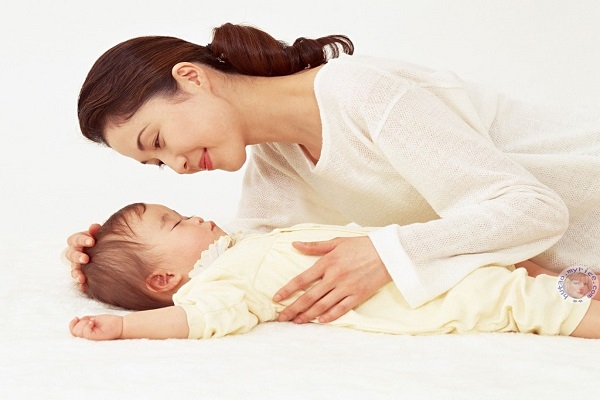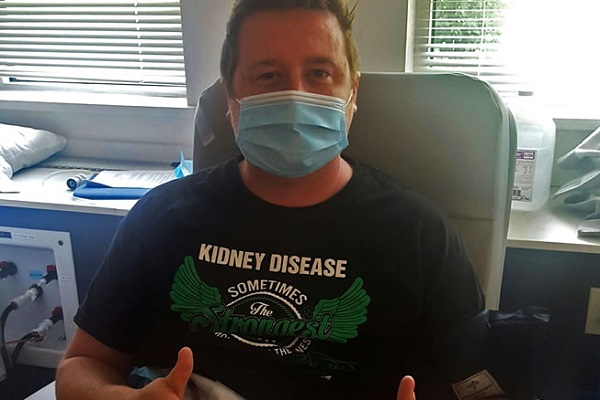Breast cancer often seems to strike when you’re least expecting it. Fortunately, there are steps you can take to reduce your chances of developing this disease, or to ensure that you catch any cancer in the early stages, when it’s most treatable. Understanding your risk factors, taking preventive measures, and undergoing regular screenings can help you do this.
If you are concerned about your breast cancer risk, we can meet with you to determine if you would benefit from genetic testing, additional preventive measures, or more intensive cancer screening.
One of the best ways to take charge of your risk factors is to keep up with recommended breast cancer screenings. To schedule a mammography screening, call Ms. Nguyễn Thị Lệ: (8428) 6280 3333, ext. 8402 or Ms. Võ Thị Mỹ Liên: (8428) 6280 3333, ext. 8424.
What are the most common risk factors for breast cancer?
The most common risk factors for breast cancer have to do with basic aspects of your biology. These are things you aren’t able to change.
Being female
Women are overwhelmingly more likely to get breast cancer than men. 99% of breast cancer patients are women. There are a number of risk factors specific to women, including:
- First menstrual period before age 12
- Menopause later than 55
- First childbirth after 35
- Never having children
- Being tall (5 feet 8 inches or taller)
- Having dense breasts
- Having a non-cancerous breast disease
However, it’s still possible for men to develop breast cancer, especially if they come from families with a strong family history of breast and other cancers. Men should always report any changes in breast tissue to their doctors.
Older age
Older women (and men) are more likely than younger women to develop breast cancer. In general, a woman’s risk for breast cancer tends to rise more significantly after age 60.
But breast cancer can also develop in women who are much younger. That’s why women are encouraged to practice breast awareness starting at age 25 and undergo annual breast exams at the doctor’s office.
Genetic and family risk factors
Individuals with a family history of breast cancer are more likely to develop the disease themselves. A family history of breast cancer means that you have multiple family members with breast cancer, or relatives who developed breast cancer at age 45 or under. You might also carry an increased risk of breast cancer if you have family members with ovarian cancer, pancreatic cancer, male breast cancer, or metastatic prostate cancer.
When breast cancer runs in families, it’s often caused by genetic mutations that are handed down from parents to children. If a number of your relatives have breast or other cancers, you should talk to your doctor about your risk and ask whether you should consider genetic testing.
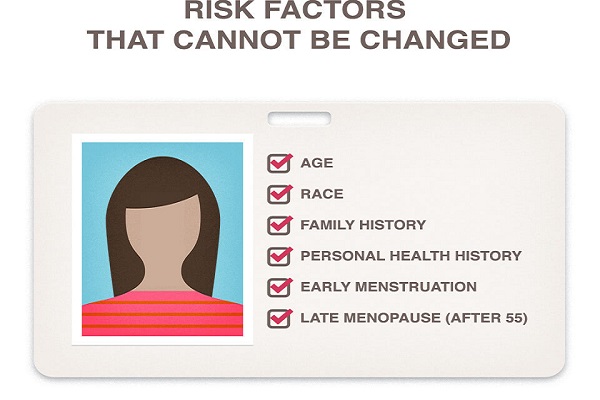
Can my lifestyle affect my risk of breast cancer?
While many of the risk factors for breast cancer lie outside our control, there are some risk factors that we could change or even reverse. These risk factors are typically caused by our lifestyles or by other choices that we make. To reduce your risk of breast cancer, try to form and maintain healthy habits. Though it’s never too late to start, you’ll benefit more the earlier you begin. Research shows that our youth and young adult years are critical for limiting our risk later in life.
Some common lifestyle risk factors are listed below.
-
Being overweight
Carrying too much weight can increase your risk for breast cancer and other cancers. This risk is heightened after menopause. Try to keep your weight within a healthy range.
-
Eating a poor diet
Too much unhealthy food can raise your cancer risk. Eat a lot of plant-based foods, such as fruits, vegetables, nuts and whole grains, instead.
-
Being sedentary
Do something active you enjoy for at least 30 minutes a day to lower your risk of breast cancer.
-
Drinking too much alcohol
If you drink alcoholic beverages, try to consume less than one drink a day. Even moderate amounts of alcohol increase the risk of breast cancer.
-
Never breastfeeding
Mothers who don’t breastfeed have a higher risk of breast cancer than mothers who do. Studies have shown that at least a year of breastfeeding, even across multiple children, can reduce breast cancer risk. If you are able to breastfeed, it’s worth a try.
-
Undergoing hormone replacement therapy
Take post-menopausal hormones for as short a time as you can, because estrogen-progestin hormone replacements increase the risk of breast cancer. If you have other risk factors for breast cancer, you may also want to avoid estrogen-only hormone replacements.
Risk calculators and resources
Though it’s best to discuss your risk factors with your doctor in person, digital tools and resources can be a helpful place to start. Keep in mind that any risk calculations you receive are only estimates.
It’s important to check your breasts regularly because the earlier breast cancer is diagnosed, the better the chance of successful treatment. It doesn’t matter when you check your breasts, as long as you check them regularly.
Your Disease Risk
Physicians and researchers at City International Hospital have developed risk assessment tools for many different diseases and forms of cancer.
| Breast Cancer Screening Package at CIH | ||
Tests included |
WomenAge </= 40 |
WomenAge > 40 |
| Medical consultation | ||
| Comprehensive medical history & physical examinations | |
|
| Specialist consultation | |
|
| Diagnostic Imaging | ||
| Breast Ultrasound | |
|
| Mammography/ or Breast MRI | |
|
| Total cost of the individual tests (VND) | 820,000 | 1,660,000 |
| Package Price (VND) | 700,000 | 1,320,000 |
Check out our different Screening Packages for different needs
For appointment or further service consultation, please contact:
- Ms. Võ Thị Mỹ Liên: (8428) 6280 3333, ext. 8424
- Ms. Nguyễn Thị Lệ: (8428) 6280 3333, ext. 8402
For any further information about medical services provided by City International Hospital, please contact:
- Operator: (8428) 6280 3333, ext. 0
- Address: Level 3, No. 3, 17A Street, Binh Tri Dong B Ward, Binh Tan Dist. (Next to AEON Mall Binh Tan). Ho Chi Minh City.
- Website: https://cih.com.vn/en/
- FB page: https://www.facebook.com/BenhVienQuocTeCity













